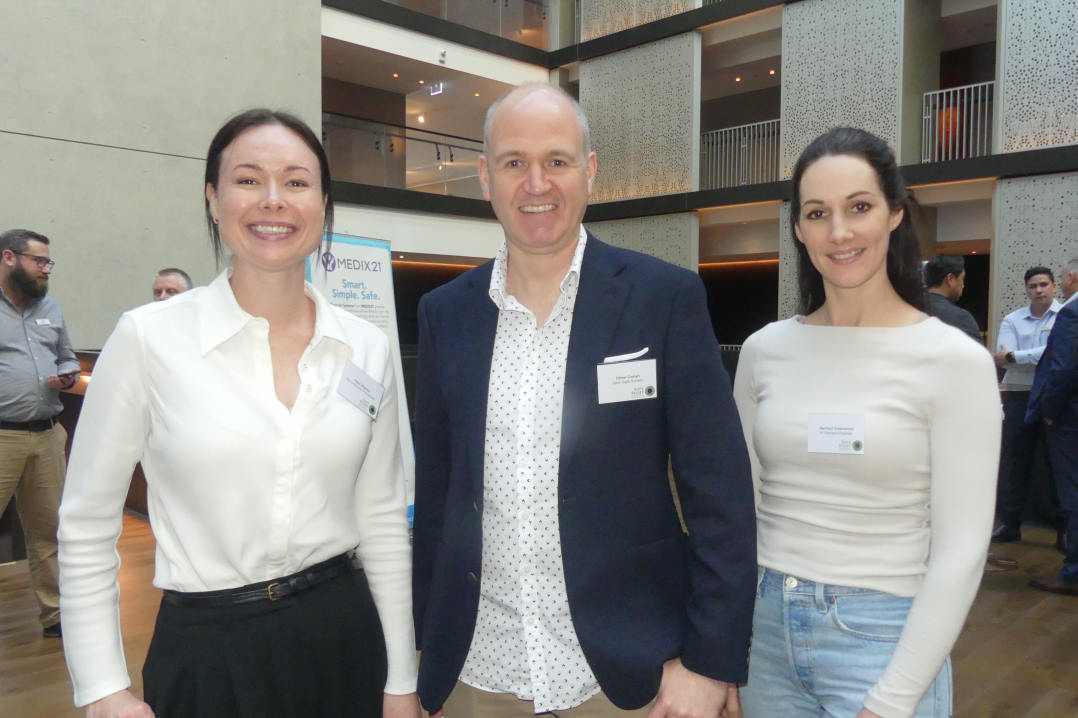Home CS testing for cataract prioritisation?
The authors of a UK study found a £3 (NZ$6.50) contrast-sensitivity (CS) test mailed to patients may be a feasible low-tech way to help prioritise cataract surgeries.
Researchers from the University of London’s Department of Optometry and Visual Sciences and the Royal Surrey County Hospital NHS Foundation Trust said the pen-and-paper SpotChecks test scores of 107 respondents were “reasonably predictive” of which eyes were subsequently listed for surgery and correlated with related measures made subsequently in clinic. Plus, when machine learning was used to combine CS scores with letter acuity (extracted from patients’ medical records), the test’s predictive performance was further improved, they said.
This low-cost test might be used to help inform the prioritisation of patients on cataract waiting lists and complements a wider trend, both in ophthalmology and beyond, towards using 'asynchronous testing' to augment more conventional methods of patient assessment, they wrote in their open access paper published in Eye.
























